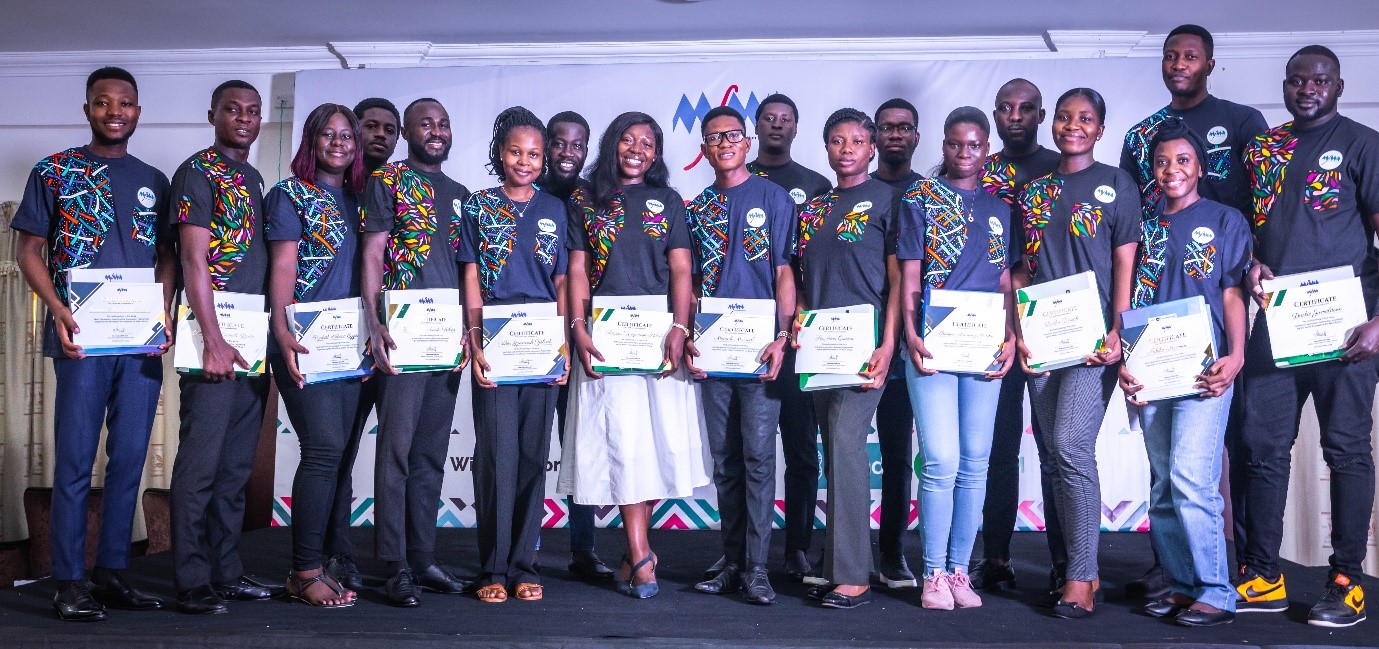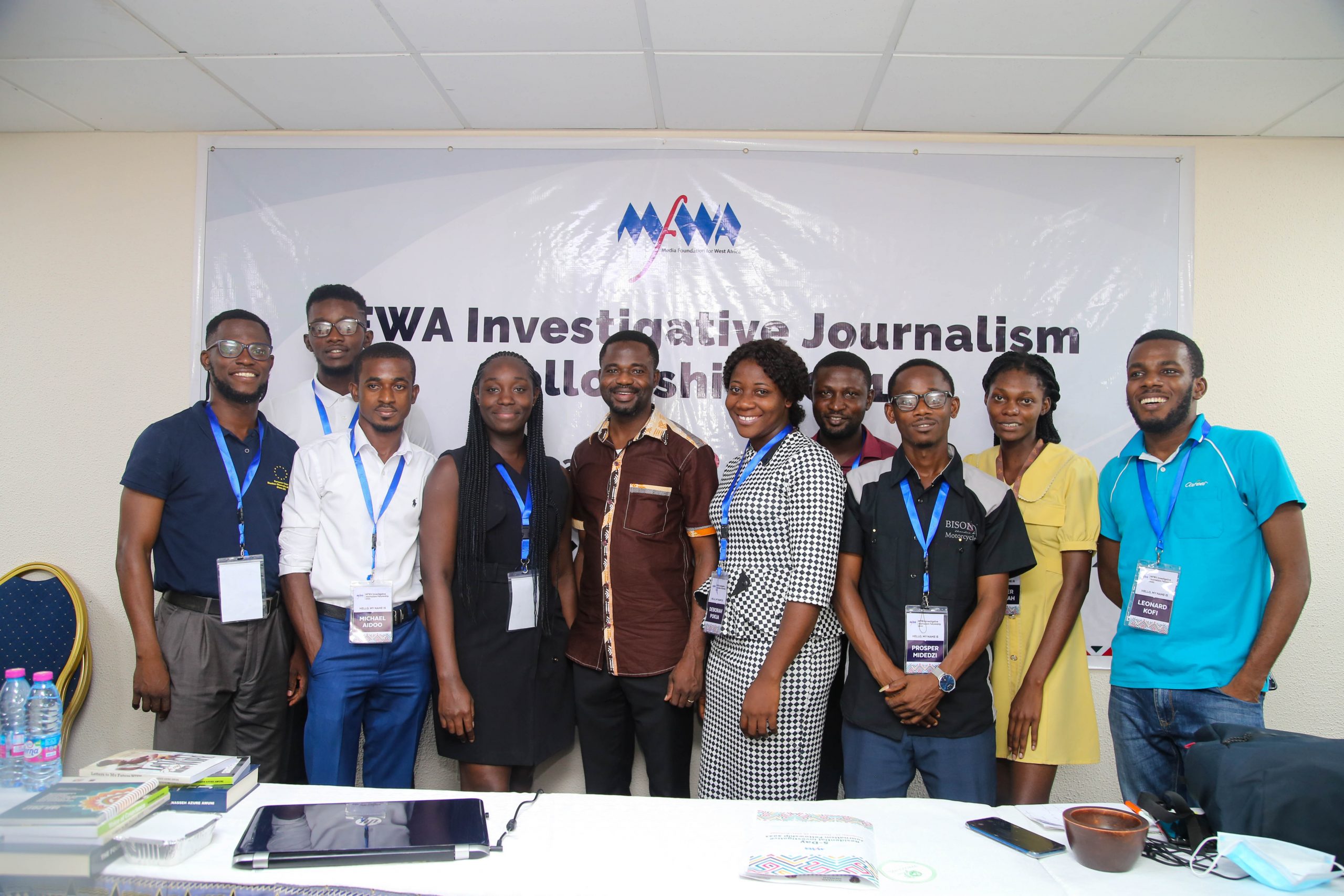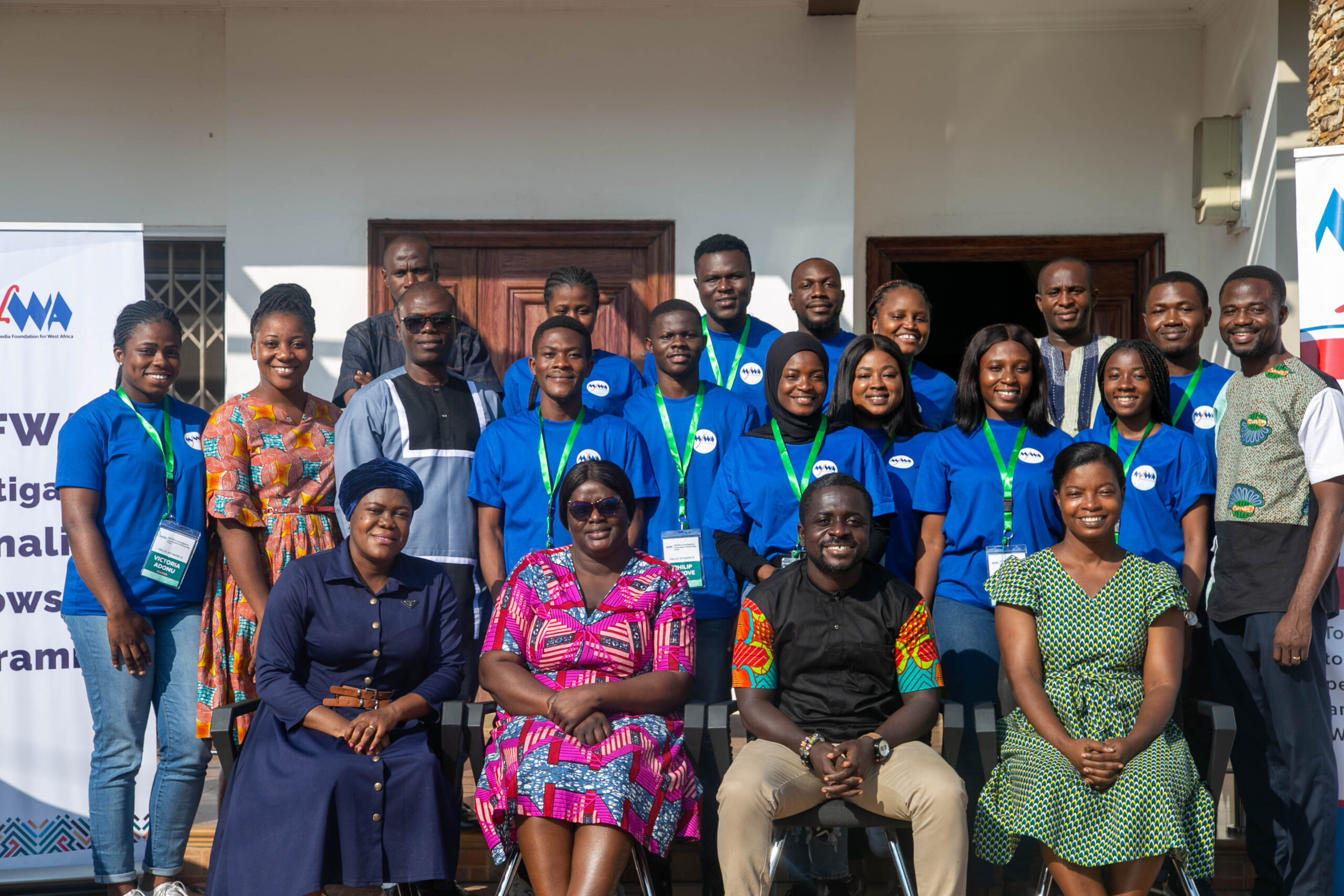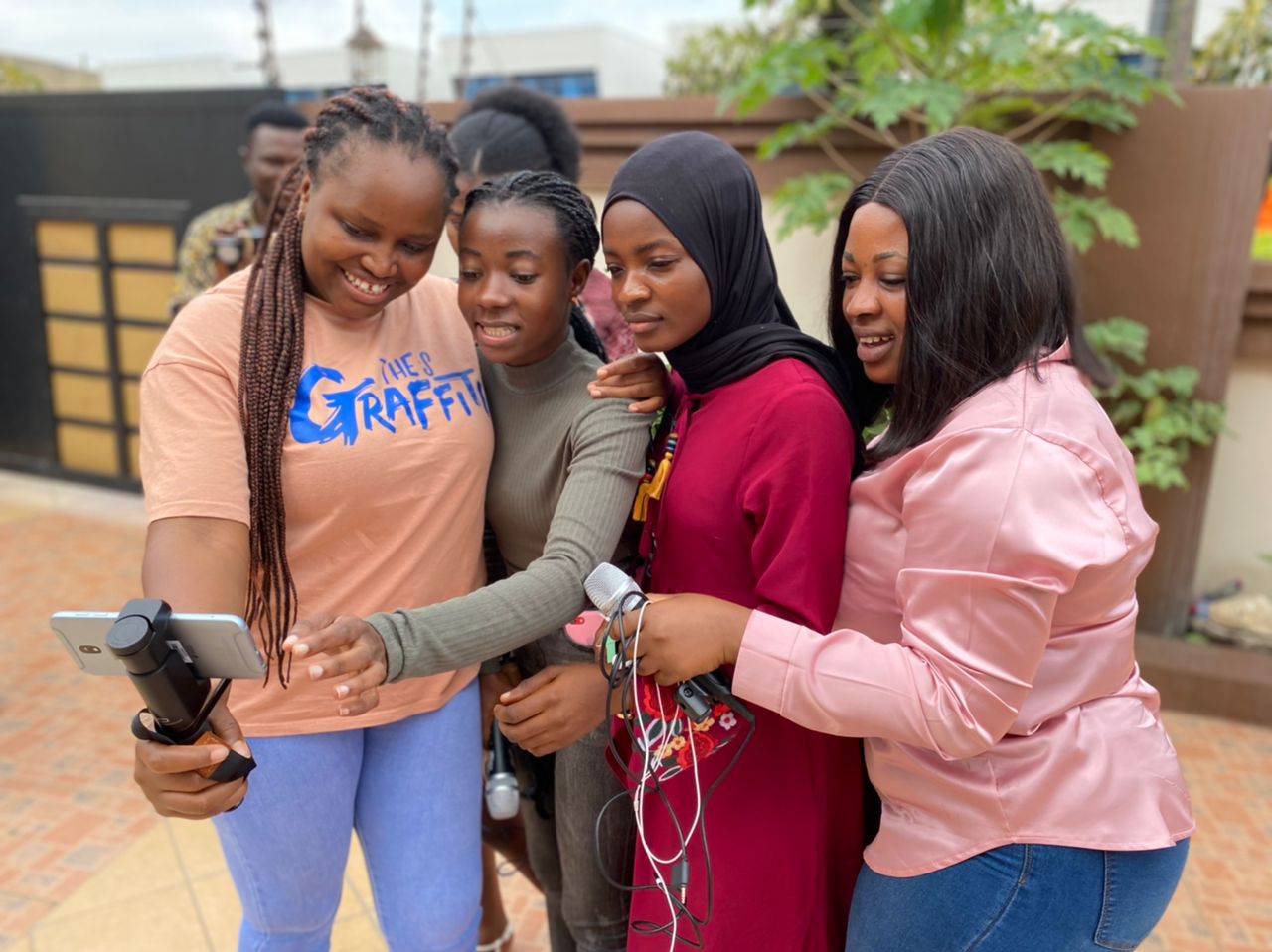Twenty Ghanaian journalists – ten each from two fellowships the Media Foundation for West Africa (MFWA) hosted under its Next Generation Investigative Journalism (NGIJ) Fellowship at the latter part of the year – have graduated. At a ceremony held in Accra on December 17, 2024, to officially bring the Fellowships to a close, the twelve male and eight female journalists became part of the NGIJ alumni and the community of aspiring investigative journalists in Ghana.
From September to October this year, the MFWA hosted the fourth and fifth cohorts of the NGIJ Fellowships, which focused on promoting fact-based and critical reporting in Ghana’s Electioneering Processes and enhancing public interest and accountability journalism in the extractive/environmental sector. The fourth NGIJ Fellowship was funded by DW Akademie, with the fifth funded by NORAD through Oxfam in Ghana under the Tax for Development project.
NGIJ is the MFWA’s flagship mentorship and capacity building initiative to equip early career journalists with modern skills in investigative journalism. Since its inception in 2021, the Fellowship has trained a total of 53 Fellows from Ghana, Sierra Leone and Liberia, through a total of five Fellowships.
At the event, fellows also got to share experiences from their journeys through the three-month fellowships, as well as new career outlooks that they have developed as empowered next generation investigative journalists.
The closing ceremony brought together stakeholders from the media, journalism and the civic space in West Africa, including civil society actors, free expression activists, media practitioners and funding partners.
Also in attendance was His Excellency Daniel Krull, the German Ambassador to Ghana.
The closing ceremony was also opportune for Fellows to showcase stories and story ideas that they have developed and/or are working on as nascent investigative journalism pursuits from the Fellowship.
NGIJ is a response to gaping deficits in accountability journalism
In a welcome address, the Executive Director of the MFWA, Mr. Sulemana Braimah, reiterated that the NGIJ Fellowship was birthed as a response to serious deficits in accountability journalism within the West African subregion.
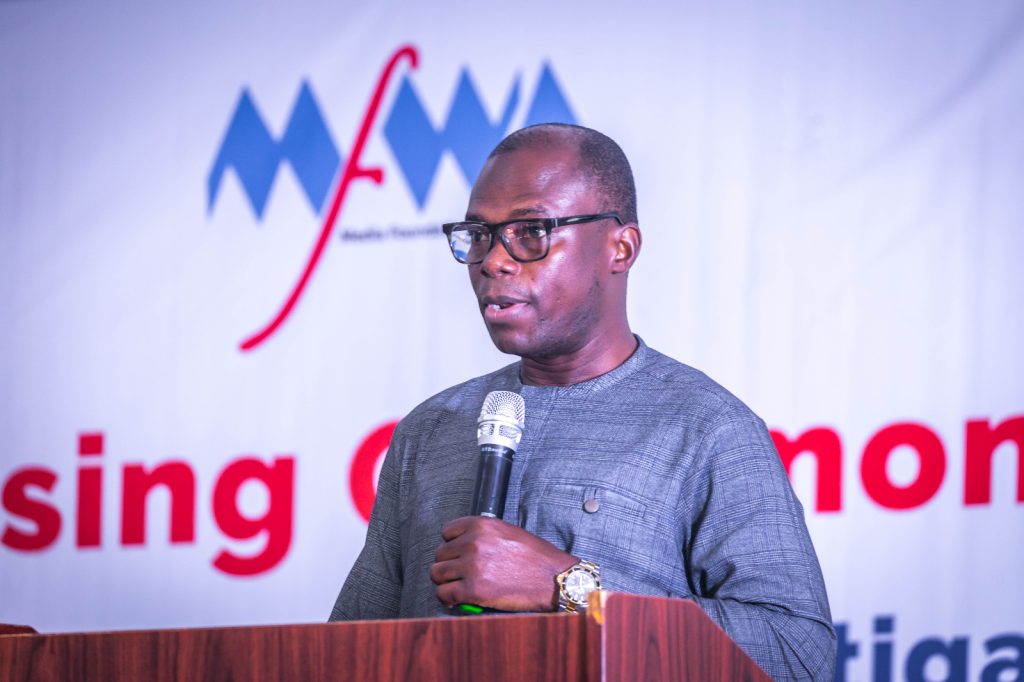
Encumbered with political repression, financial squeeze and inadequate capacity, the media in West Africa, he said, had for a very long time, become overly partisan, poorly capacitated and itself, riddled with corruption. These factors have, over the years, conspired to render the media rather shallow in the performance of its duty to hold the feet of duty bearers to the fire of accountability and serve as a bastion of democracy.
“This is why we tried to respond with the introduction of the Next Generation Investigative Journalism (NGIJ) Fellowship as a pipeline for grooming new sets of talent and hopefully, people who will join the industry and will relink journalism to its values, in terms of integrity, in terms of honesty and in terms of aspiring for accountability and transparency,” Mr. Braimah said.
Mr. Braimah expressed satisfaction over the fact that some of the products from the Fellowship have become outstanding journalists in their various countries of origin, expressing the hope that the graduating fellows from the fourth and fifth cohorts will similarly be impactful as journalists.
He thanked DW Akademie and NORAD through OXFAM in Ghana for funding the fellowships, and expressed his appreciation to DW Akademie for funding the very first and experimental Fellowship in 2021.
We expect dividends from our investment in you
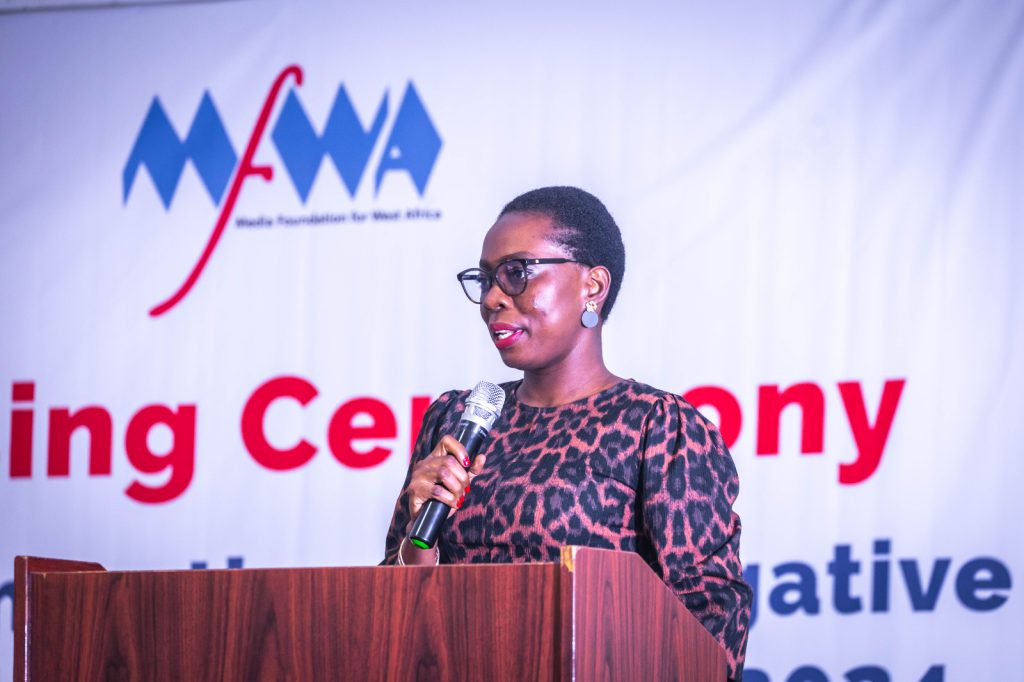
Mr. Braimah’s welcome address was followed with a statement from DW Akademie, which through its Programme Director for Ghana, Madam Ama Kodjo, told Fellows that the organizers and funders are looking forward to results from the investment made in them through the Fellowships.
“This programme has equipped you to hold duty bearers accountable and amplify the voices of marginalized communities. You had the opportunity to interact with and learn from The Fourth Estate and Fact Check Ghana. You have seen firsthand, the impact of the MFWA’s work in Ghana and across the region. You have experienced and participated in the complexities of the electioneering process, engaged deep in topics and produced impactful stories that resonate with your communities.
“Your commitment to produce fact-based in-depth reports will contribute to transparency and accountability and safeguard the democratic values we cherish. As you move forward, remember that your role as investigative journalists is crucial in shaping public discourse and ensuring that truth prevails. We are excited to see how your contributions will impact Ghana’s media landscape,” she said.
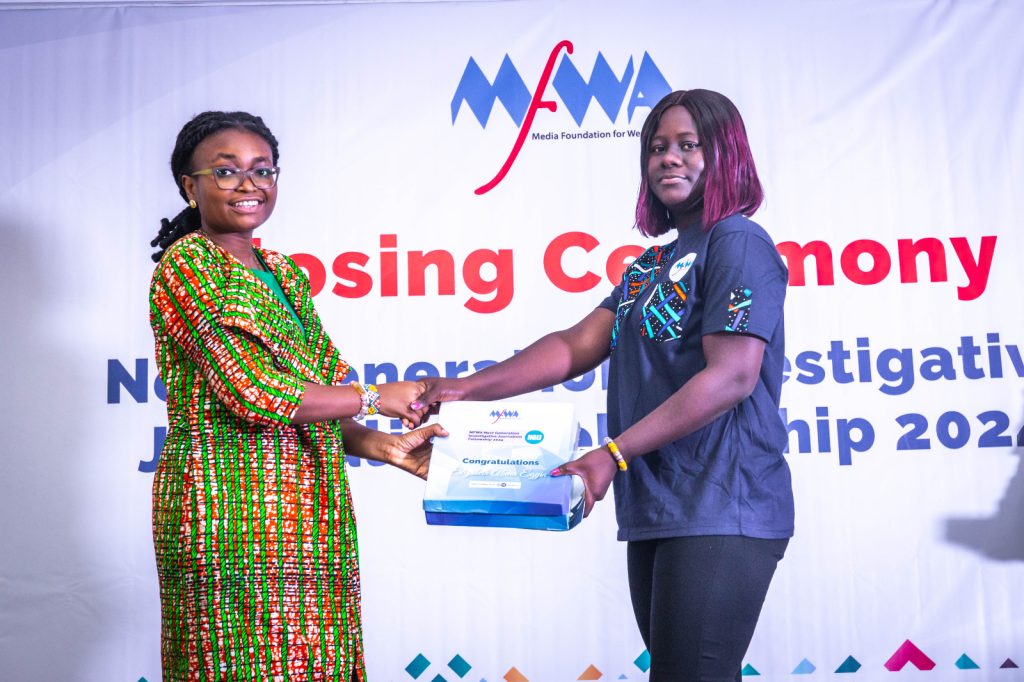
On her part, Madam Angela Alu, Fiscal Policy Advisor for Oxfam in Ghana, expressed contentment with MFWA’s vision to capacitate early career journalists to promote public interest and accountability journalism, saying that OXFAM is very proud to be the Foundation’s partner.
“OXFAM has been working in Ghana for close to forty years now. We work in three main areas – accountable governance, which has to do with holding duty bearers to account, a just economy which helps to basically create a more equal society and then gender and social inclusion as well.
“We are very proud to have the Media Foundation for West Africa as a partner because of the important role that you play and help people to hold duty bearers to account in our society,” she said.
NGIJ has filled a huge gap
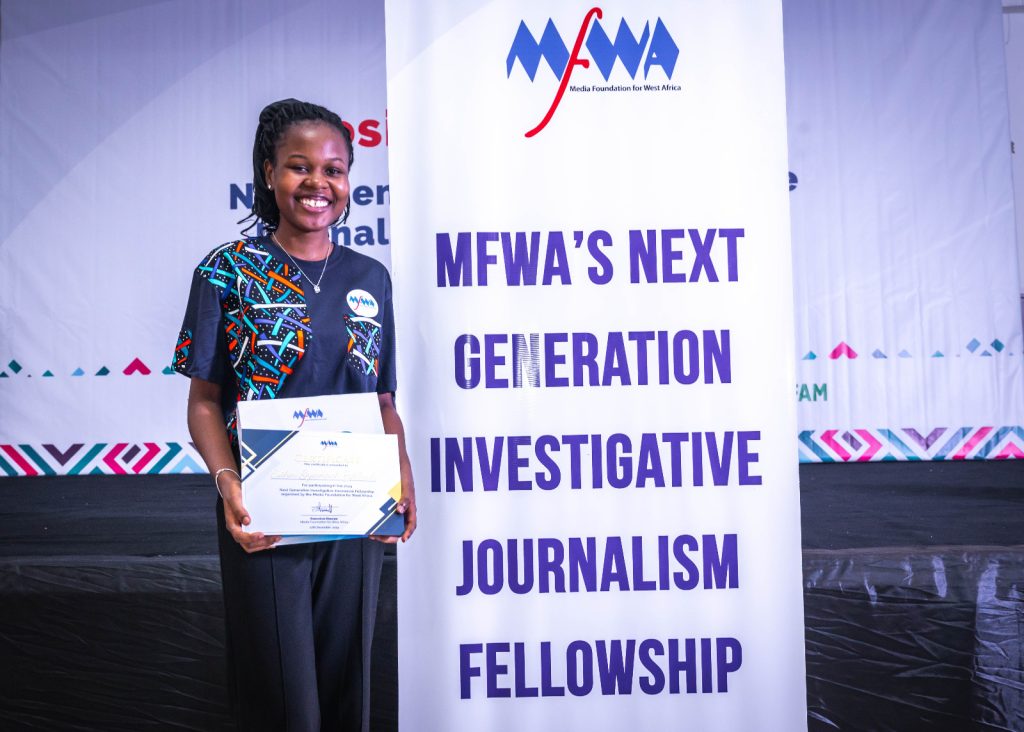
Also in attendance of the closing ceremony was inspirational Ghanaian female investigative journalist, Francisca Enchill, who said the NGIJ Fellowship has become an indispensable plug to a critical gap in investigative journalism in the West African sub region. According to her, “The Next generation Investigative Journalism (NGIJ) Fellowship, is an initiative that has filled a huge gap in the field of investigative journalism in Ghana and in West Africa. The Next Gen offers unique opportunities to journalists who want to stand out in their practice to get the right resources required to make a difference. Selected fellows receive practical training, to empower them to conduct critical, high quality, fact-based, in-depth and enterprising reporting towards improving lives and promoting good governance through journalistic excellence.”
She said a few years ago, becoming an investigative journalist was a difficult task due to the fact that resources, capacity, network and support systems required to push the passion, were scarce.
“With the introduction of the Next Generation Investigative Journalism Fellowship by the Media Foundation for West Africa, fellows are offered that unique opportunity to create networks with industry players and mentors every step of the way. That is an opportunity that many newsrooms do not provide journalists to nurture their desire or motivate a reporter to unearth an investigative journalism passion,” she said.
Fellows share first experiences on investigative assignments
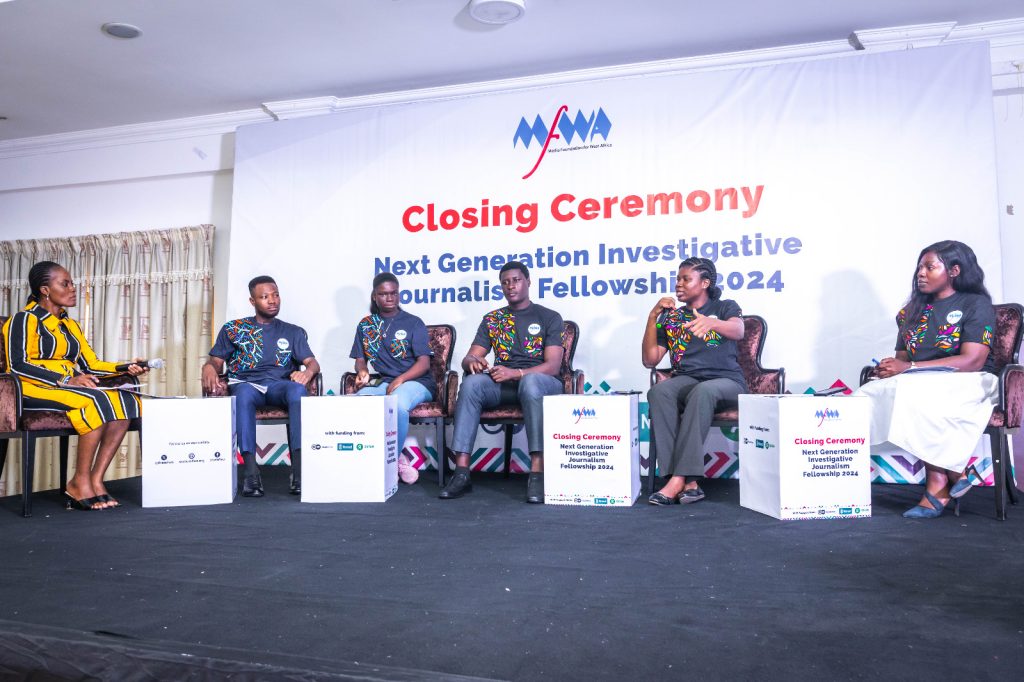
As part of the closing ceremony, five fellows were empaneled to share experiences from their first foray into investigative journalism through practical assignments that they were given to identify and investigate issues pertinent to their localities of origin. They included two fellows from the election reporting cohort – Bernice Amanatey Korlekie who undertook investigation in her native Ada in the Greater Accra region, Osman Abubakari-Sadiq, who investigated and authored a story about how the Bole District Assembly built a market that the residents do not want, and three Fellows from the Extractive Reporting cohort – Seraphina Quaicoe who investigated an issue in the Wassa district; Sulemana Zakaria who did a story on the human cost of a mining boom in Tongo in the Upper East region and Theresa Weyerane Adiali, who investigated a story in the Jomoro district.
Fellows recounted being confronted with problems, including age old impediments such as deliberate cover-ups on the part of public office holders, who in spite of the existence of the Right To Information law refuse to give out information. They also experienced firsthand, the deprived nature of some communities in the country, where residents and natives grapple with bad mobile telephony connectivity. Osman spoke of an experience in a village in the Tongo district where it was suggested to him to climb a tree or wait till high noon when the sun is high in the sky before placing calls in order to reach an Assemblyman he wanted to interview for his story.
From these experiences, Fellows said they had had a foretaste of what is in store for them in the field and that it has helped them develop thicker skins. Also, Fellows said the experiences have helped cure misconceptions that investigative journalism is synonymous with wearing masks and always going under cover to secretly record people, and that they now truly understand that investigative journalism is all about asking questions from the relevant authorities.
About the NGIJ
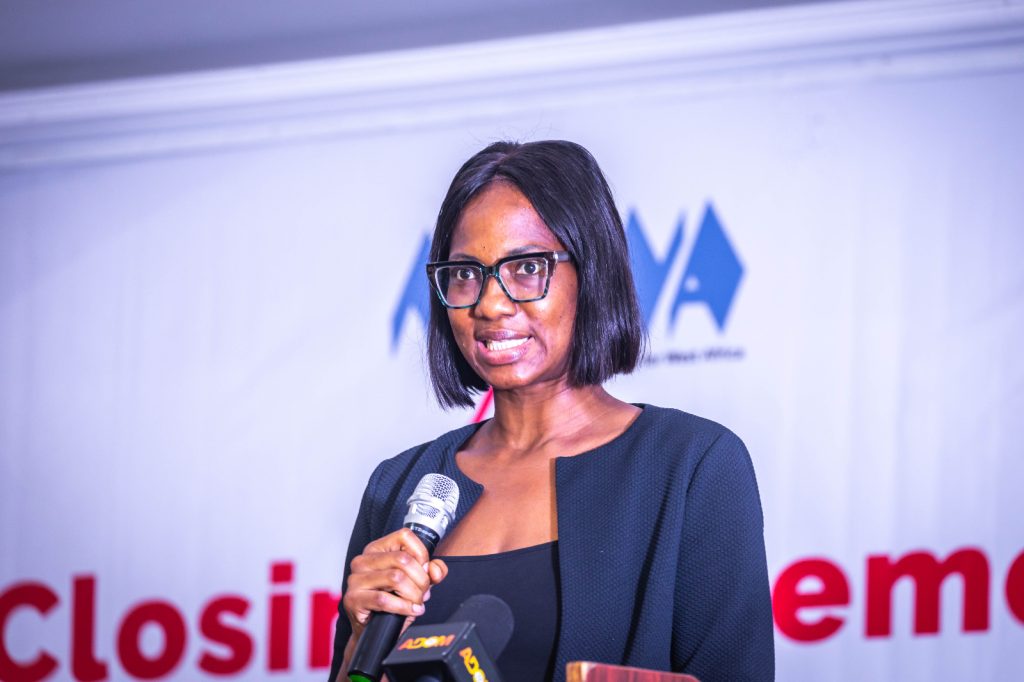
Before Fellows received their certificates, the MFWA’s Senior Programme Manager for Media for Democracy and Good Governance (MDGG) programme gave an overview of the Fellowship. She said that since its inception in 2021, NGIJ has selected and hosted its Fellows through rigorous selection criteria, which starts with advertisement. Selected Fellows then go through aptitude tests, followed by interviews after which successful candidates are then announced.
Mainly targeted at early career journalists and professionals who are passionate about journalism, Mrs. Rosemond Ebi-Adwo-Aryeetey reiterated that the Fellowship is not only limited to Ghanaian journalists, having hosted journalists from Sierra Leone and Liberia in the past.
“We are hoping that next year, and subsequent years, we will expand the reach to other West African countries,” she said.



